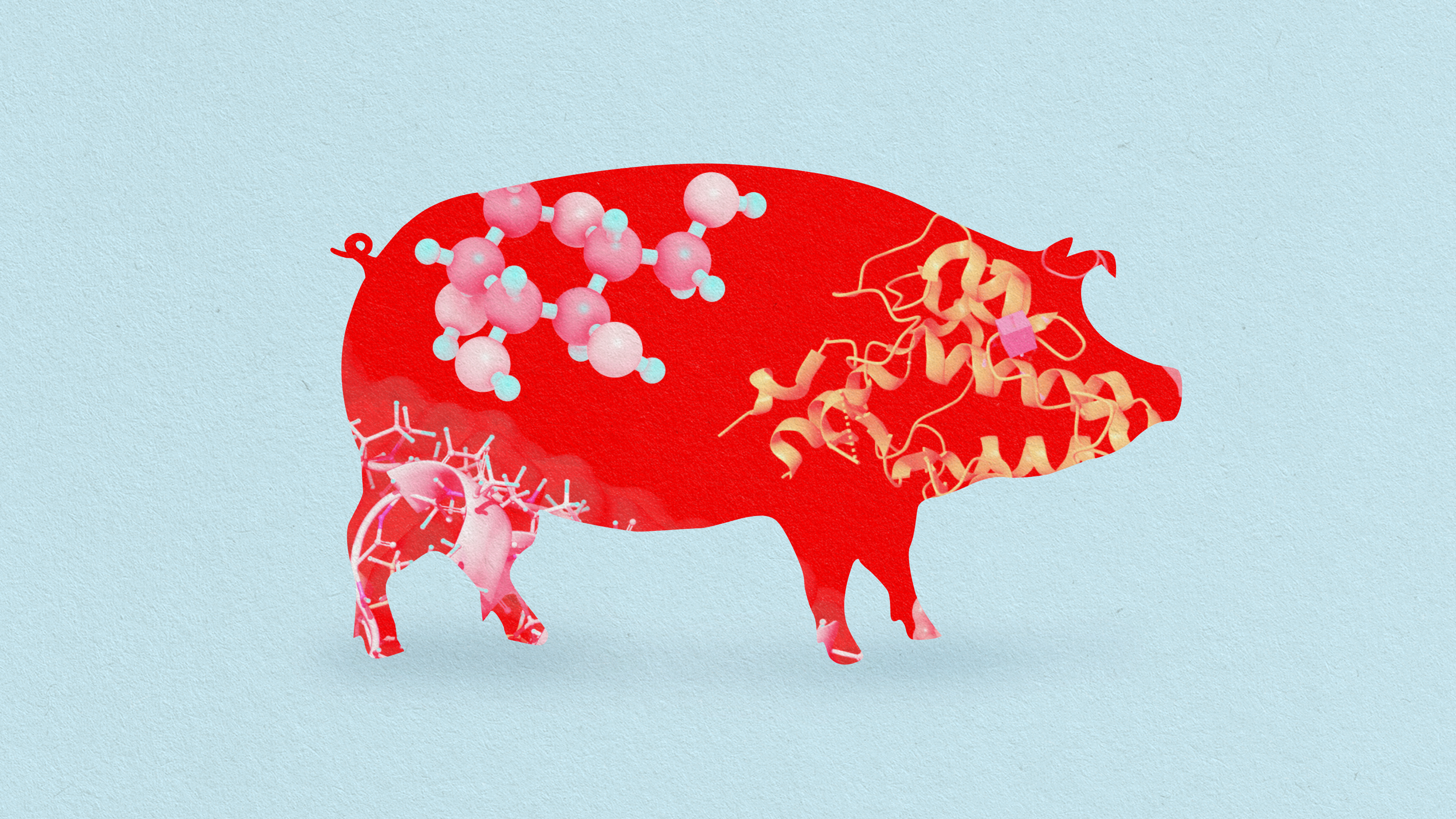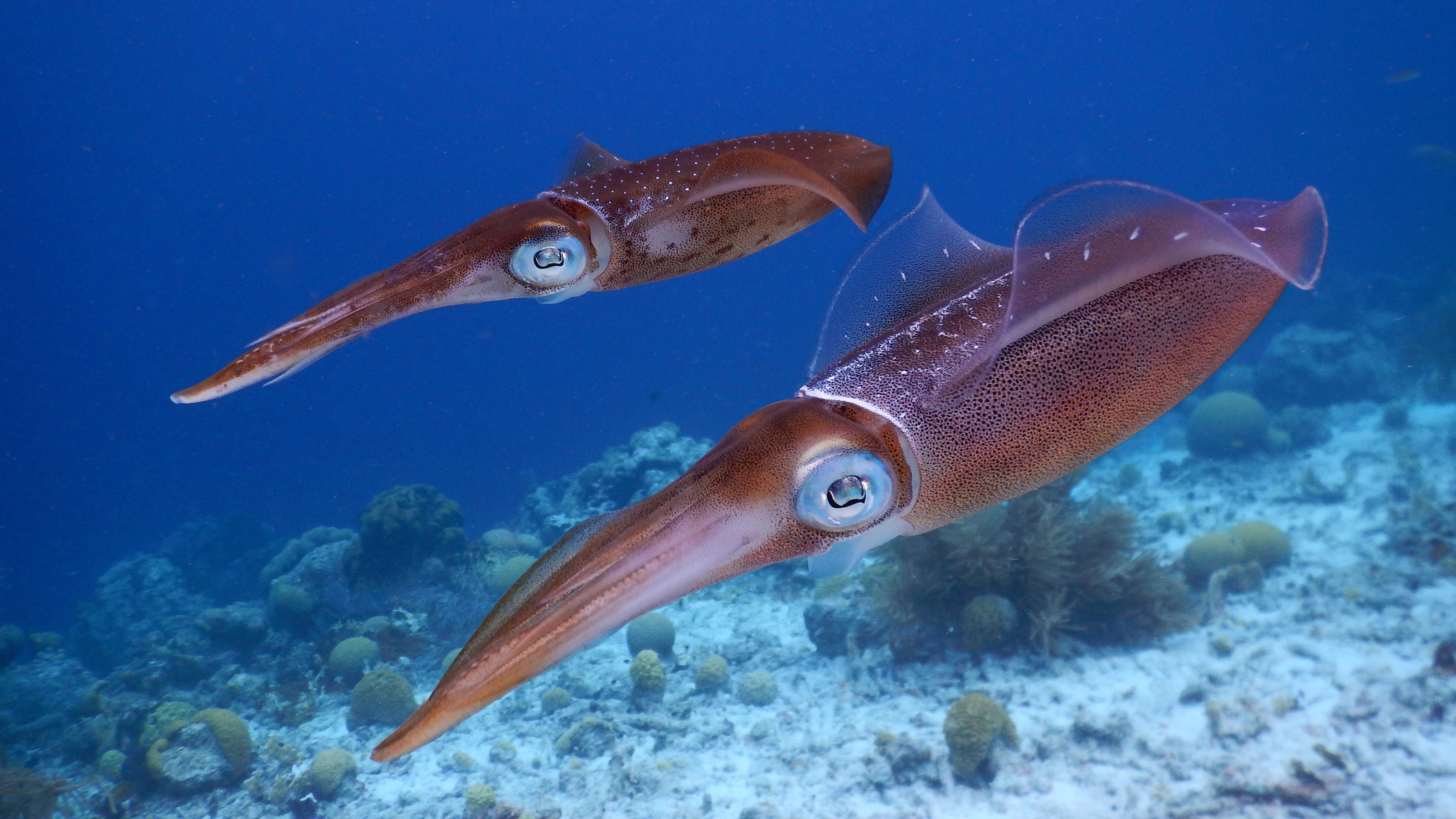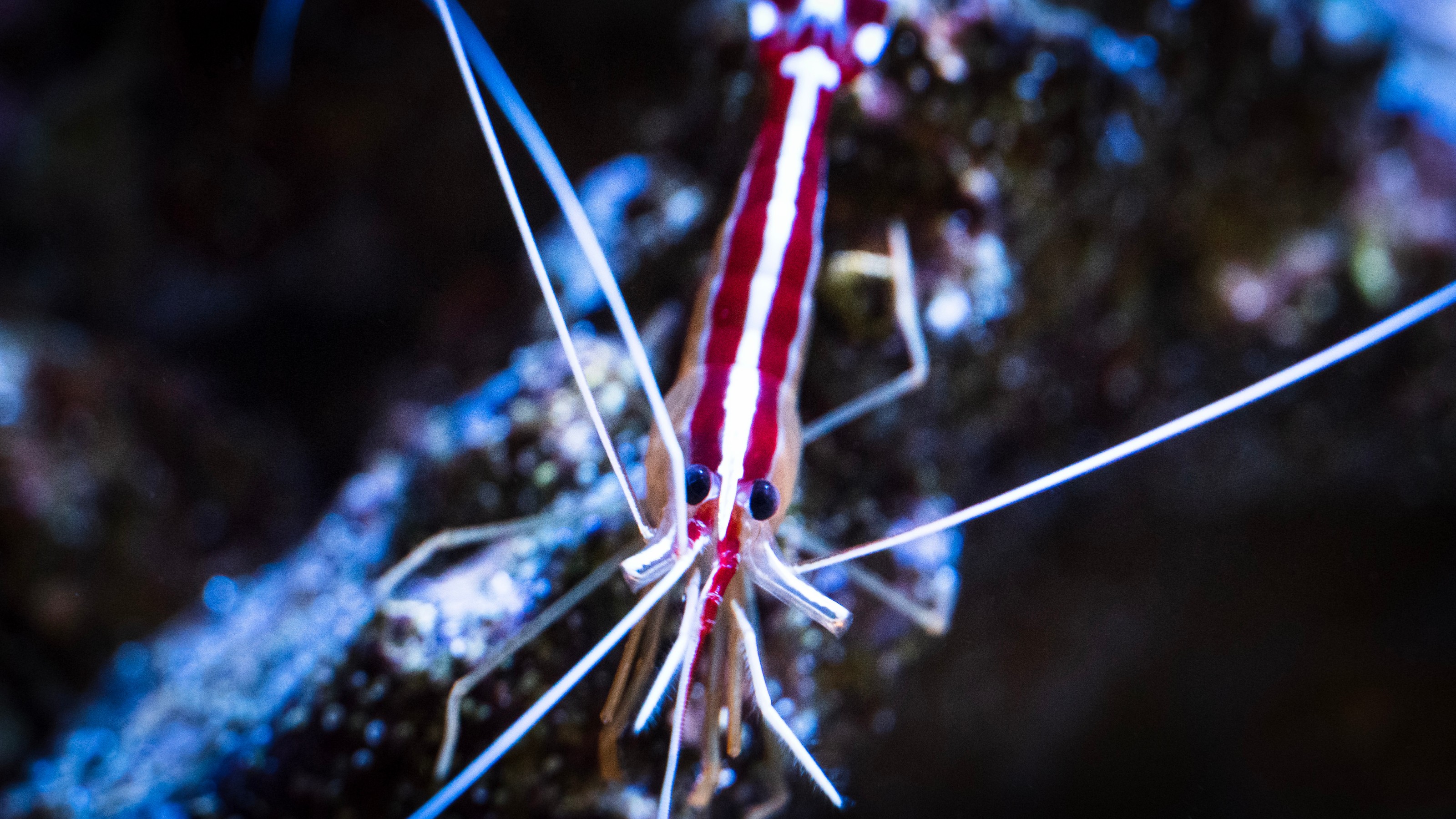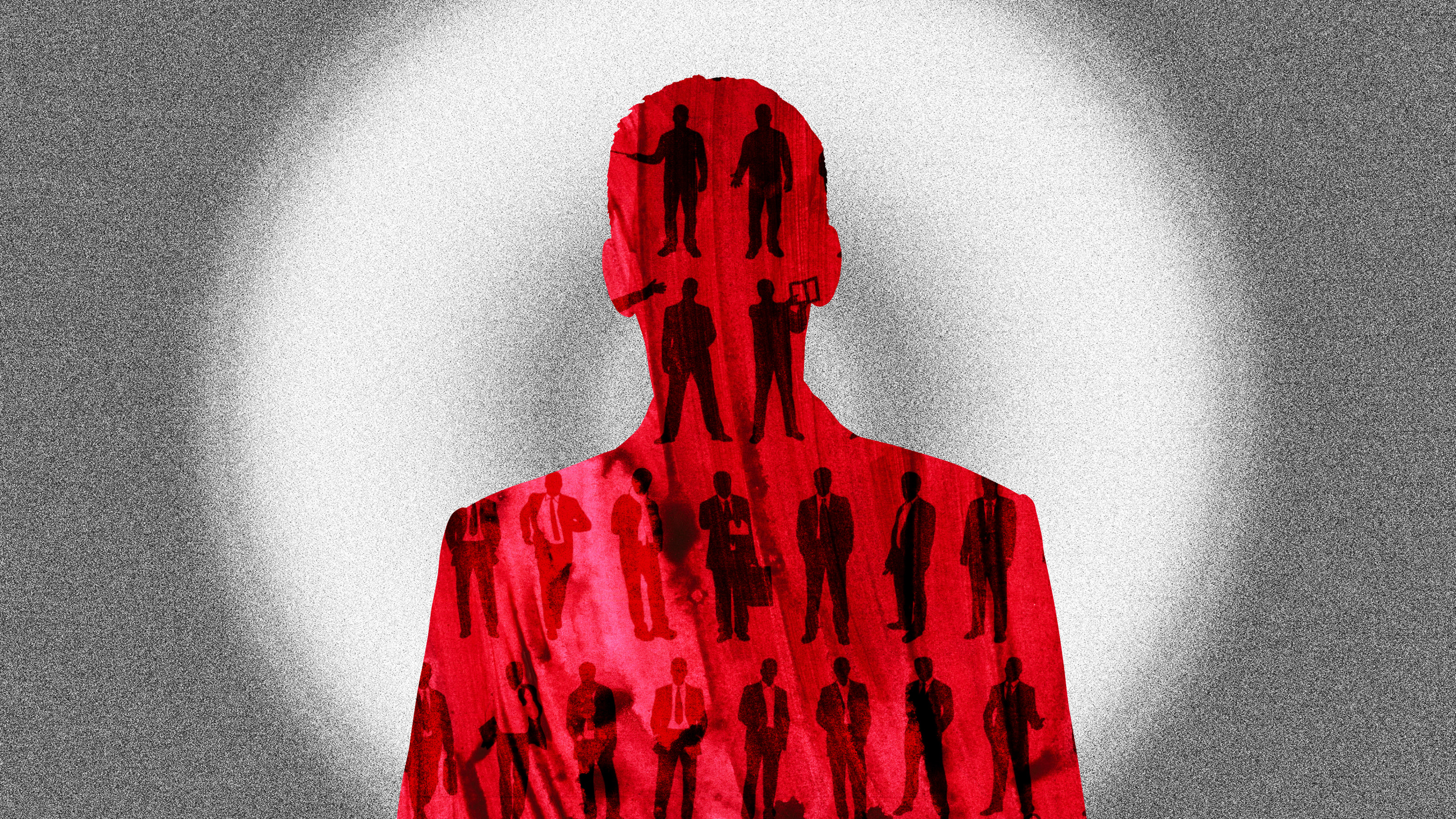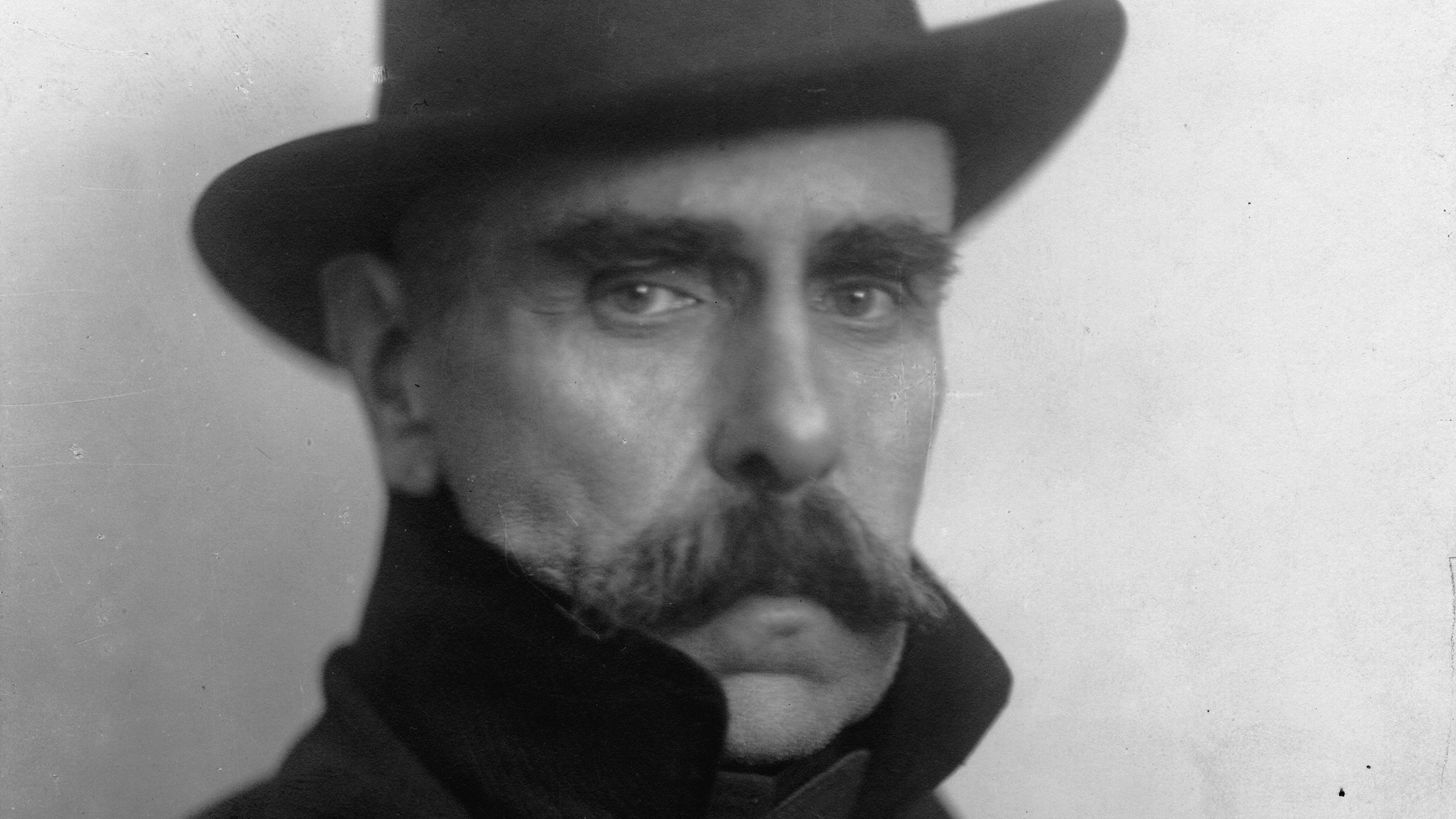Ross Pomeroy
Editor, RealClearScience
Steven Ross Pomeroy is the editor of RealClearScience. As a writer, Ross believes that his greatest assets are his insatiable curiosity and his ceaseless love for learning. Follow him on Twitter @SteRoPo.

Don’t feel compelled to start a napping routine just yet.
The biggest nuclear blast in history came courtesy of Tsar Bomba. We could make something at least 100 times more powerful.
A dog’s breed isn’t as predictive of behavior as many think it is. Environment and upbringing play a much larger role.
Despite the claims of speed reading apps, it turns out that you actually have to read the book if you want to learn from it.
Your brain is trying to show you the future.
Over the past two decades, the proportion of those who identify as bisexual increased from 1.2% to 4.5%.
Since 2012, the amount of time that teenagers spend socializing in person has plummeted. Is it a coincidence that depression is more common?
It is generally ineffective, occasionally poisonous, and driving numerous species to the brink of extinction.
Genetic profiles of many dog breeds appear as if siblings mated.
The fear of deep bodies of water may be evolutionarily ingrained.
To advance the gender-affirming healthcare of all those who transition, we must also understand the nature and causes of those who detransition.
More than a century ago, Halifax suffered an accidental blast one-fifth the size of the atomic bomb dropped on Hiroshima.
Pessimism reigned supreme.
Cancer likes glucose. So take it away.
A study found that older adults who cannot balance on one foot for ten seconds have an 84% higher risk of death than those who can.
“In witness whereof, the parties hereunto have set their hands to these presents as a deed on the day month and year hereinbefore mentioned.”
Energy balance is the greatest arbiter of weight gain. Embrace the “oinker diet.”
Numerous videos online show that squid undergo a dramatic color-changing effect after being stunned or killed.
A team of scientists has warned that marketers seek to advertise in our dreams. Will our sleep be commercialized against our wishes?
The intensely white coloration of the shrimp is a remarkable feat of bioengineering.
We commonly stereotype psychopaths as criminals, but there are probably more in upper management.
Walking is rarer in the U.S. compared to similar nations. It is also deadlier: Nearly 7,500 pedestrians were killed in 2021.
Desperate times call for desperate measures.
Thomas Edison was on to something…
Raw food, paleo, gluten-free, detox, and ketogenic: All of these diet fads withered when subjected to scientific scrutiny.
The researchers rebuked writers, scholars, and public figures for lazily perpetuating the notion of widespread gender bias in academic science.
Old coal mines can be converted into “gravity batteries” by retrofitting them with equipment that raises and lowers giant piles of sand.
If a person stands little chance of ever being wealthy, perhaps playing the lottery is a rational decision.
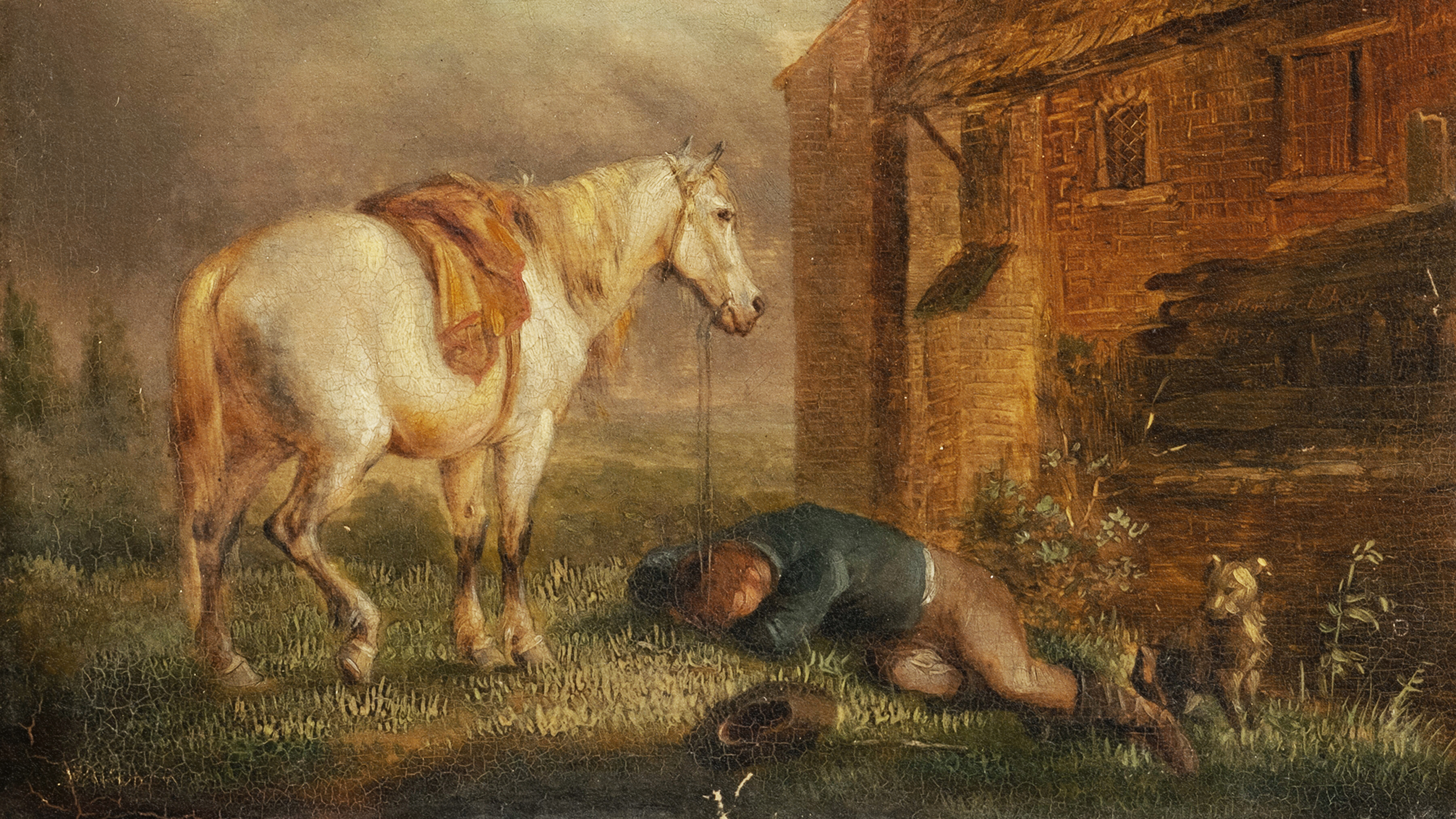

![a photo of a [dog breed] on a pink background.](https://develop.bigthink.com/wp-content/uploads/2022/04/dog2.jpg)













